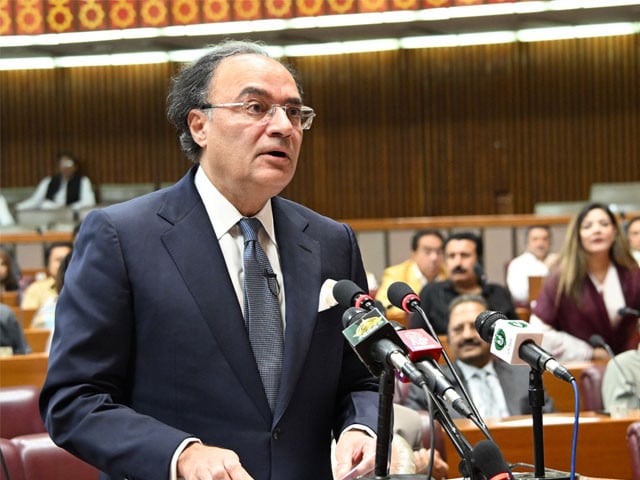Kenya's Economic Outlook: Lower Deficit & Steady Growth Despite Global Headwinds

Nairobi, Kenya – Kenya's finance minister recently painted a cautiously optimistic picture of the nation's economy, projecting a lower budget deficit and continued economic expansion. However, the forecast acknowledges significant challenges stemming from global uncertainties, including trade sanctions, market volatility, and the increasing threat of extreme weather events.
Speaking on Thursday, the minister highlighted Kenya’s resilience and the government’s commitment to fiscal discipline. The projected lower deficit reflects ongoing efforts to streamline spending and improve revenue collection. This is a crucial step in stabilizing the economy and reducing the nation’s debt burden. The government is focused on implementing sustainable policies to ensure long-term economic stability.
Key Growth Drivers & Economic Performance
Kenya has demonstrated a consistent track record of economic growth in recent years, driven by sectors such as agriculture, tourism, and technology. Investments in infrastructure and renewable energy are further contributing to this positive momentum. The minister emphasized the importance of supporting small and medium-sized enterprises (SMEs), which are vital for job creation and economic diversification.
Despite the positive outlook, the finance minister underscored the potential risks looming on the horizon. Global trade sanctions, particularly those impacting key trading partners, pose a threat to Kenya’s export markets and overall economic activity. Market volatility, fueled by geopolitical tensions and fluctuating commodity prices, could also destabilize the financial sector and impact investment flows.
Climate Change & Resilience
Perhaps the most pressing concern is the escalating impact of climate change. Kenya is highly vulnerable to extreme weather conditions, including droughts, floods, and unpredictable rainfall patterns. These events can disrupt agricultural production, displace communities, and strain public resources. The government is prioritizing investments in climate adaptation and mitigation measures, including drought-resistant crops, improved water management, and early warning systems.
“We recognize the significant challenges posed by the global environment and climate change,” the minister stated. “Our focus remains on building a resilient economy that can withstand these shocks and continue to deliver sustainable growth for all Kenyans.”
Looking Ahead: Policy Priorities
To navigate these challenges and sustain economic progress, the government is pursuing several key policy priorities:
- Fiscal Consolidation: Maintaining a disciplined approach to public spending and debt management.
- Diversification of the Economy: Reducing reliance on traditional sectors and fostering growth in emerging industries.
- Investment in Human Capital: Improving education, healthcare, and skills development.
- Climate Resilience: Strengthening infrastructure and communities to withstand the impacts of climate change.
- Promoting Trade & Investment: Creating a favorable environment for both domestic and foreign investment.
The finance minister’s assessment signals a commitment to transparency and proactive risk management. While challenges remain, Kenya’s economic trajectory remains fundamentally positive, underpinned by a strong foundation and a determined effort to build a more sustainable and prosperous future.






